The Relationship Between Game Mods and Microtransactions
24 December 2024
Have you ever wondered how game mods and microtransactions intersect in today’s gaming industry? At first glance, they might seem like distant cousins who don't really talk at family gatherings. Mods are often seen as the free-spirited, do-it-yourself enthusiasts of gaming, while microtransactions are the corporate cousin with dollar signs in their eyes. But when you dig deeper, you’ll realize these two have a complicated (and sometimes surprising) relationship.
In this article, we’re going to dive deep into how game mods and microtransactions coexist, clash, and even influence each other in the vast world of gaming. Feel free to buckle up; this might be a bumpy ride!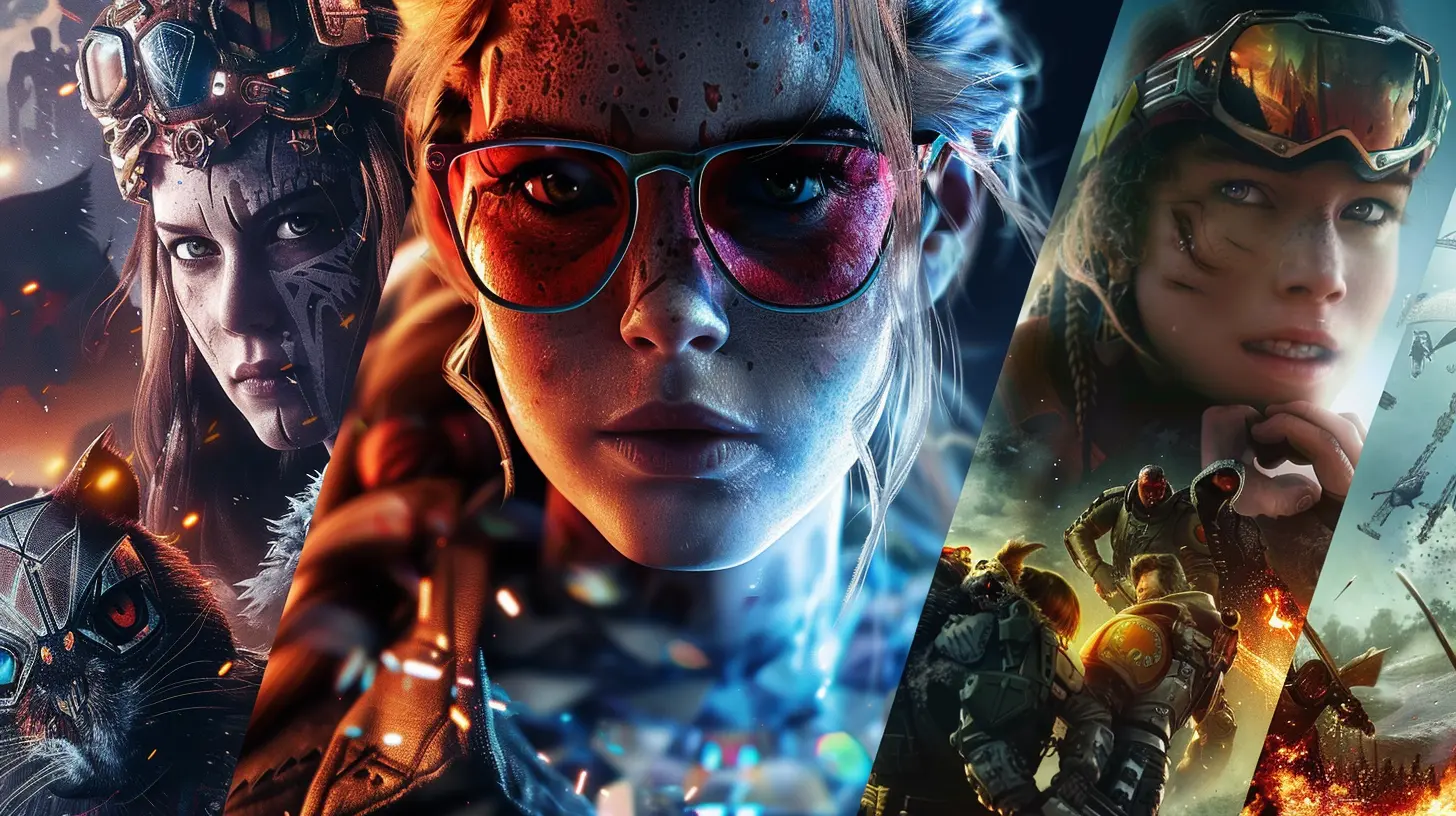
What Are Game Mods?
Alright, let’s quickly break this down. Mods, short for modifications, are alterations players make to video games. These changes can range from subtle tweaks (like improving a game’s graphics) to downright wild overhauls (like turning dragons in Skyrim into Thomas the Tank Engine, because why not?).Mods are often created by fans—people who love a game so much that they invest their own time to add features or fix flaws. Mods are usually free, and they’re a big part of the PC gaming world. They allow players to tailor a game to their liking, adding content or improving things developers might have overlooked.
Mods represent creativity and passion. They’re like a love letter to gaming. But love doesn’t pay the bills. And that’s where microtransactions come crashing in.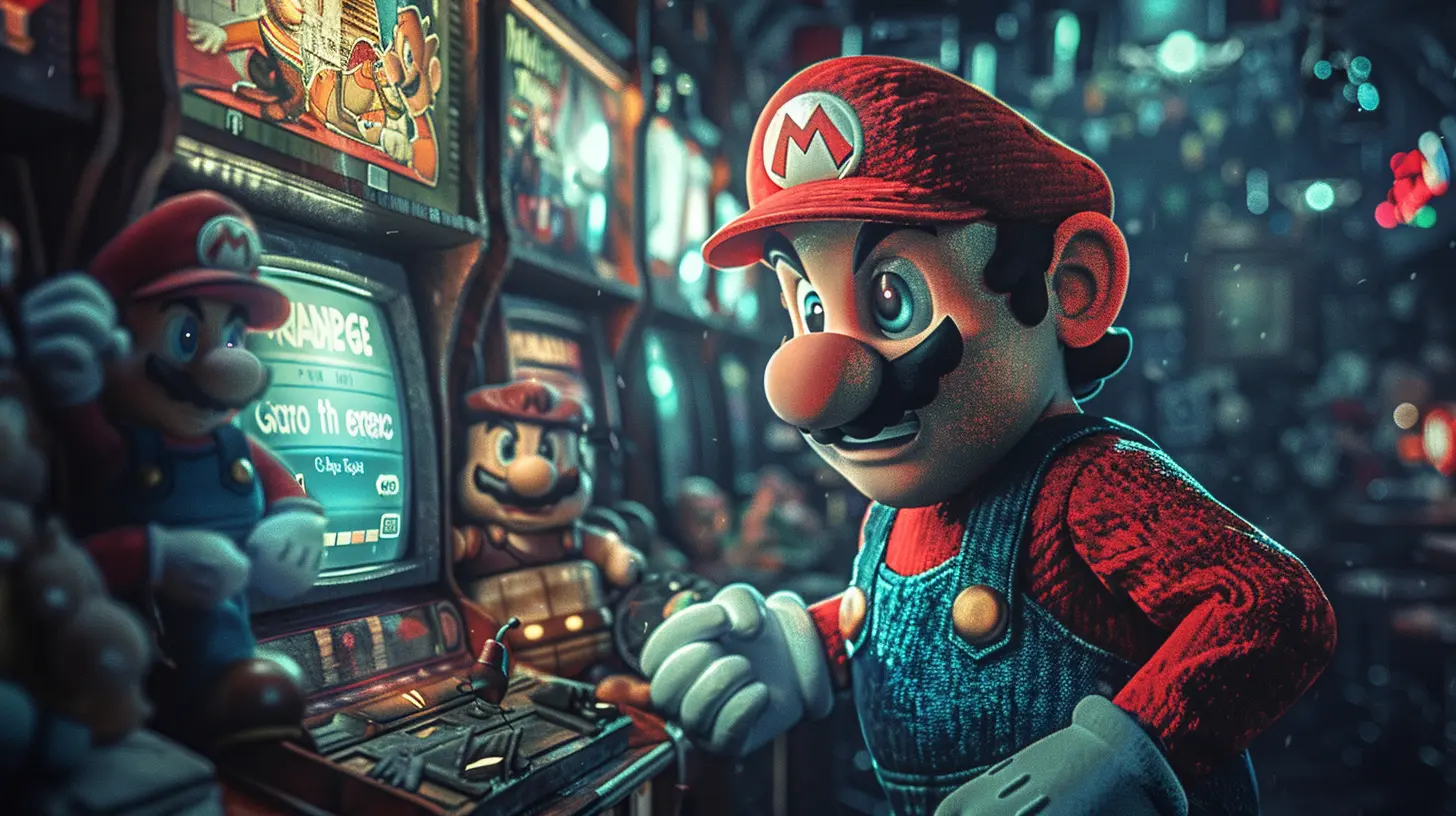
What Are Microtransactions?
Microtransactions are the opposite of free-spirited mods. They’re the slick, business-focused sibling who’s always asking, “How can we make more money?” In simple terms, microtransactions are small, in-game purchases. Want a shiny new skin for your character? That’ll cost you. Need a booster to level up faster? Open your wallet.On paper, microtransactions seem harmless. After all, they’re supposed to be “optional.” But let’s be honest—they’ve taken over many games like an infestation of digital termites.
From mobile games to AAA titles, microtransactions fuel the gaming industry's financial engine. They’re so lucrative that publishers have built entire business models around them. And while they generate billions annually, they’ve also sparked plenty of debates about fairness and greed.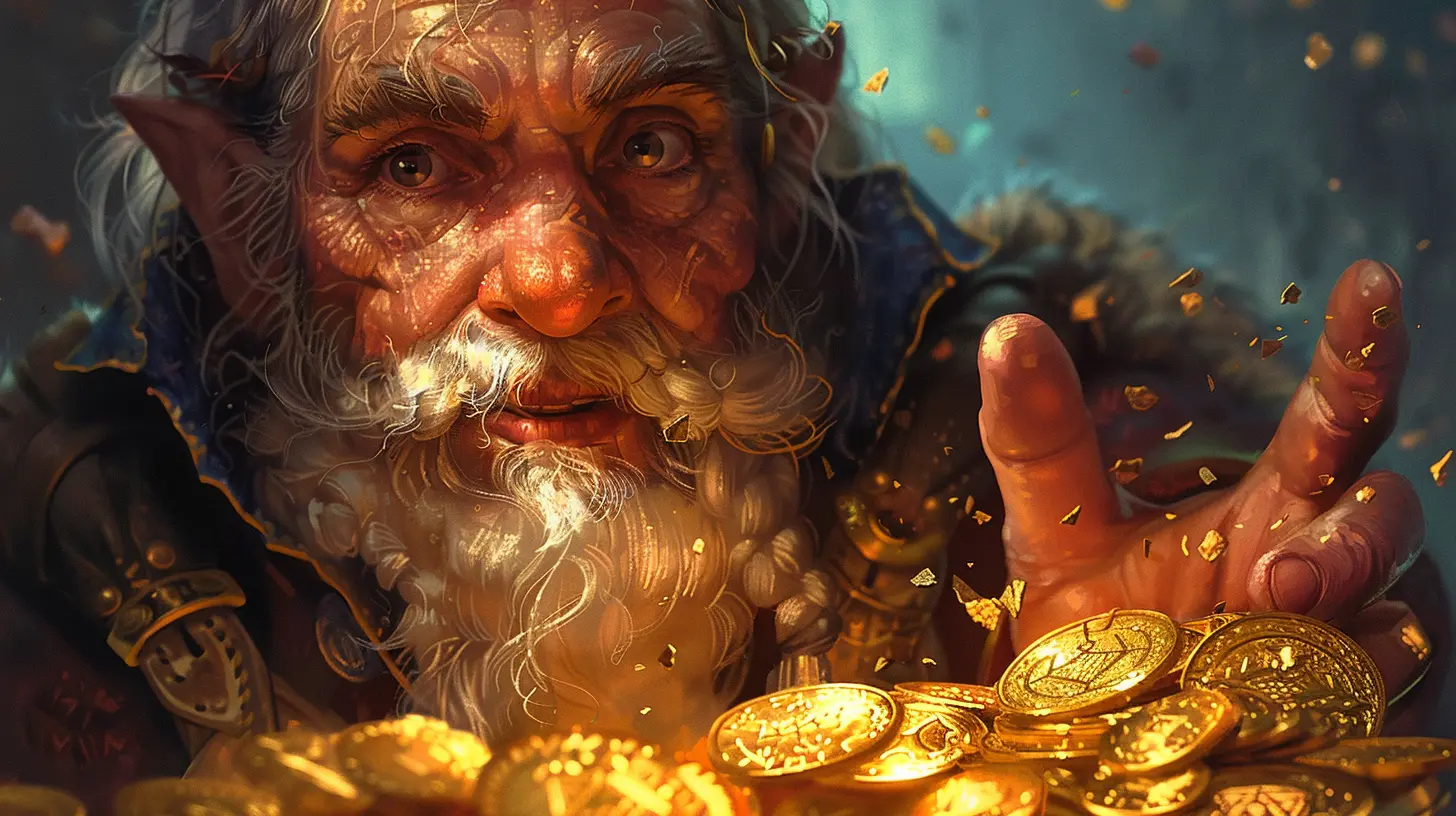
Mods vs. Microtransactions: A Clash of Philosophies
Mods and microtransactions are like oil and water—they just don’t mix well. Why? Because mods are player-created and free, while microtransactions are corporate-designed and often overpriced. They cater to completely different philosophies.Mods thrive on community engagement. They’re built on the idea of enhancing a game without expecting anything in return. On the flip side, microtransactions are designed with profit in mind. They want you to spend money—whether it's on cosmetic items, extra content, or even pay-to-win advantages.
Here’s where things get messy: mods can sometimes undermine microtransactions. Let’s say a game sells a $10 DLC that adds new weapons. A sharp modder might create similar weapons and offer them for free. That’s a problem for game developers because free mods mean fewer people are buying their microtransactions.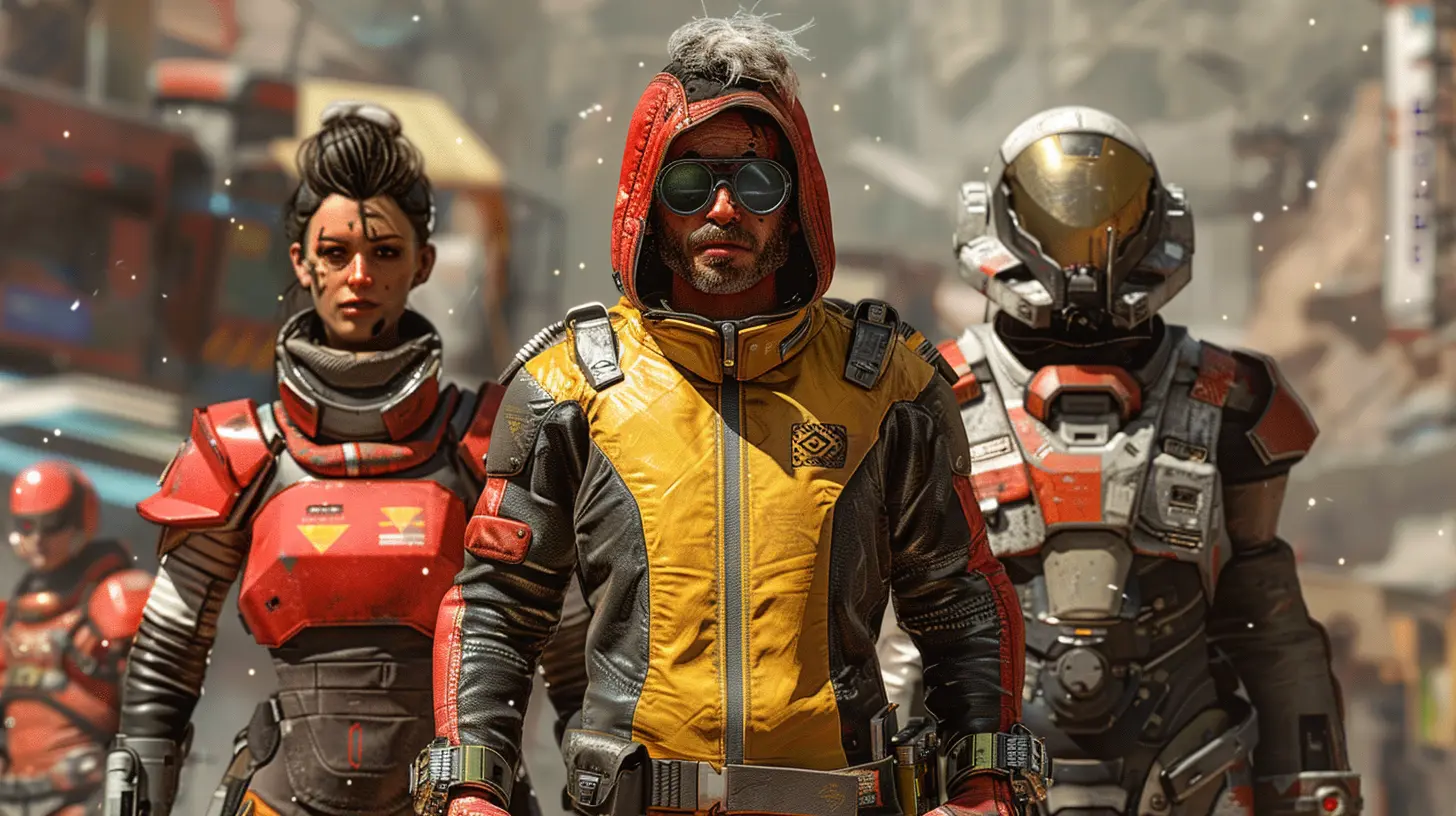
The Conflict: When Game Developers Crack Down on Mods
It’s no secret that mods have become a headache for companies banking on microtransactions. Some developers have taken drastic measures to limit or outright ban mods in their games. Why? To protect their revenue streams.Take Grand Theft Auto V as an example. Rockstar Games and its parent company, Take-Two Interactive, have a history of pushing back against mods. They’ve issued legal threats and taken down popular modding tools. Why? Likely because mods could interfere with the game's lucrative online mode, GTA Online, which is loaded with microtransactions.
This trend isn’t unique to Rockstar. Many big-name companies see mods as competition. After all, why would players spend $20 on a microtransaction when they can get something similar (or better) for free through a mod?
When Mods Turn into Microtransactions
Here’s where things get really strange: sometimes, mods evolve into microtransactions. It’s not as rare as you might think. In fact, it’s becoming a noticeable trend in the gaming world.Remember Bethesda’s Creation Club? It was pitched as a “modding platform” where players could download new content for games like Skyrim and Fallout 4. Sounds great, right? Well, not exactly. The catch? These so-called “mods” weren’t free. Bethesda essentially took the modding concept, slapped a price tag on it, and called it a day.
This move sparked a ton of backlash. Fans argued that charging for mods went against the very spirit of modding. It also raised an uncomfortable question: where’s the line between mods and microtransactions? When companies get involved, that line often gets blurry.
Gaming Communities: The Guardians of Mods
Despite the challenges, mods aren’t extinct. In fact, they’re thriving in many gaming communities. Platforms like Nexus Mods and ModDB have become sanctuaries for modders. These sites offer free tools, tutorials, and forums where fans can share their creations.To some extent, gaming communities have become the guardians of modding culture. They push back when companies try to commercialize mods or restrict access. They also serve as a reminder that creativity and passion can’t always be monetized.
And let’s not forget platforms like Steam Workshop, which walk a fine line between supporting mods and dabbling in monetization. While Steam Workshop allows free mods, developers can also use it to sell official content, inching closer to the territory of microtransactions.
The Future: Can Mods and Microtransactions Coexist?
This brings us to the ultimate question: can mods and microtransactions actually get along? Or are they destined to battle it out forever?The answer is complicated. As long as mods remain free and community-driven, they’ll continue to clash with the profit-driven nature of microtransactions. But that doesn’t mean coexistence is impossible. Some developers are finding ways to embrace mods without sacrificing their revenue streams.
For instance, CD Projekt Red’s The Witcher 3 strikes a decent balance. The game supports mods, allowing players to customize their experience, while still offering paid DLC and expansions that are worth the money. It provides a clear separation between what’s free and what’s paid, avoiding the murky waters where mods and microtransactions collide.
Other developers could follow suit by creating games with robust modding tools while reserving microtransactions for unique, high-quality content that doesn’t feel exploitative. But will they? Well, that’s anyone’s guess.
Final Thoughts
The relationship between game mods and microtransactions is a messy one. Mods are a symbol of player freedom and creativity, while microtransactions often represent corporate interests and profit. They’re two sides of the same coin, and they’re constantly butting heads.That said, mods aren’t going anywhere. As long as there are passionate gamers and creative coders out there, the spirit of modding will live on. And while microtransactions might dominate the corporate side of gaming, mods remind us that this hobby is, at its core, all about having fun.
So next time you’re picking between downloading a free mod or buying a shiny new skin, remember: you’re making a choice in the ongoing battle between creativity and commerce. Choose wisely, my friends.
all images in this post were generated using AI tools
Category:
MicrotransactionsAuthor:

Greyson McVeigh
Discussion
rate this article
15 comments
Brittany McLaughlin
This article provides an insightful perspective on the dynamic interplay between game mods and microtransactions. It highlights how mods can enhance player experience while potentially undermining the monetization strategies of developers. Striking a balance between creativity and profit is essential for fostering a healthy gaming ecosystem. Well done!
February 8, 2025 at 5:36 AM

Greyson McVeigh
Thank you for your thoughtful comment! I appreciate your insights on the balance between creativity and monetization in gaming.
Raegan Alvarez
Great article! It’s fascinating to see how game mods can enhance player experiences, while microtransactions sometimes complicate that relationship. Your insights really highlight the balance developers must find.
February 2, 2025 at 4:05 AM

Greyson McVeigh
Thank you! I'm glad you found the article insightful. Balancing mods and microtransactions is indeed crucial for enhancing player experiences.
Thea McPhee
Oh, what a delightful couple! Game mods and microtransactions—like peanut butter and jelly, if jelly cost $5.99 a jar and peanut butter demanded a subscription for extra crunch!
January 30, 2025 at 4:12 PM

Greyson McVeigh
Thanks for the clever analogy! It’s an interesting perspective on how monetization impacts the gaming experience.
Diesel Kirkland
In the realm of pixels, passion collides, Mods breathe life, while coins decide. Artistry meets commerce in a delicate dance, Choice or chains — a player’s chance.
January 26, 2025 at 4:59 PM

Greyson McVeigh
Thank you for your poetic insight! You beautifully capture the tension between creativity and commerce in gaming.
Isabelle McKittrick
Mods enhance creativity; microtransactions often diminish player experience.
January 21, 2025 at 4:13 PM

Greyson McVeigh
I appreciate your insights! Mods can indeed foster creativity by allowing players to customize their experiences, while microtransactions may detract from immersion and enjoyment. Balancing both elements is crucial for enhancing the overall gaming experience.
Amira Green
This article beautifully captures the delicate balance between game mods and microtransactions. It’s a timely reminder that while creativity can thrive in a modding community, the inclusion of microtransactions often complicates that passion. Thank you for shedding light on this important dialogue in gaming culture. Your insights are invaluable!
January 19, 2025 at 5:56 PM

Greyson McVeigh
Thank you for your thoughtful comment! I'm glad you found the article insightful and important in discussing this complex relationship.
Isolde Elliott
Great article! Exploring the balance between game mods and microtransactions is crucial. Modding can enhance player experience, while microtransactions may hinder it.
January 17, 2025 at 4:41 AM

Greyson McVeigh
Thank you! I'm glad you found it insightful. Striking the right balance is indeed essential for a positive gaming experience.
Celine Patel
This article beautifully captures the delicate balance between creativity and commerce in gaming. Understanding the impact of mods on microtransactions is crucial for fostering a positive community. Thank you!
January 15, 2025 at 6:00 AM

Greyson McVeigh
Thank you for your thoughtful comment! I'm glad you found the balance between creativity and commerce highlighted in the article. Your engagement is much appreciated!
Astrid McClure
Mods enhance gameplay, while microtransactions often exploit player investment.
January 11, 2025 at 3:43 PM

Greyson McVeigh
Thank you for your insight! It's crucial to recognize how mods can enrich player experience while microtransactions can sometimes detract from it. Balancing both elements is key to fostering a positive gaming environment.
Riff McNair
Game mods enhance player creativity and experience, often enriching a game's longevity. In contrast, microtransactions can detract from that experience if not balanced properly. Developers must find a way to support both, fostering community while ensuring profitability.
January 10, 2025 at 5:55 AM

Greyson McVeigh
I agree! Balancing game mods and microtransactions is crucial for enhancing player creativity while maintaining a game's longevity and profitability.
Honor Wolf
Mods enhance creativity; microtransactions often hinder enjoyment.
January 7, 2025 at 5:26 PM

Greyson McVeigh
I appreciate your insight! Mods can indeed inspire creativity and expand gameplay, while microtransactions can sometimes detract from the overall experience. Balancing these elements is crucial for player satisfaction.
Marigold Riley
Great read! It’s fascinating how game mods and microtransactions interact in the gaming landscape. Mods often enhance player creativity and community engagement, while microtransactions can sometimes feel intrusive. Striking a balance between the two could lead to even richer gaming experiences. Eager to see how this evolves!
January 2, 2025 at 4:13 AM

Greyson McVeigh
Thank you! I completely agree—finding that balance is crucial for fostering creativity while maintaining player satisfaction. Exciting times ahead!
Rina Alexander
What an insightful read! The exploration of game mods and microtransactions sheds light on the evolving landscape of gaming. It's fascinating to see how these elements interact and influence player experiences. Looking forward to more discussions on this topic — let’s keep the conversation going!
December 29, 2024 at 3:28 PM

Greyson McVeigh
Thank you for your thoughtful comment! I'm glad you found the article insightful. I look forward to more discussions on this evolving topic!
Blade McNair
Game mods and microtransactions represent two sides of player empowerment: mods foster creativity and community, enhancing gameplay, while microtransactions can commodify experiences and fragment communities. Striking a balance is crucial for fostering innovation without sacrificing player trust and enjoyment.
December 28, 2024 at 4:06 AM

Greyson McVeigh
Thank you for your insightful comment! I completely agree that balancing mods and microtransactions is essential for nurturing creativity while maintaining player trust and enjoyment.
Onyx Flores
Embrace creativity: mods enhance gaming experiences!
December 25, 2024 at 4:52 PM

Greyson McVeigh
Absolutely! Mods can add unique experiences, often enriching gameplay in ways that microtransactions may not. They foster creativity and community, enhancing the overall gaming landscape.
MORE POSTS

Action RPGs That Deliver Epic Combat and Lore

The Role of Microtransactions in Live-Service Gaming Models

Gaming Milestones That Changed the Way We Play

Designing a World that Reacts to Player Choices

The Terror of the Unknown: Horror Games Focused on Hidden Fears

Simulating a Utopia: Games That Let You Craft a Perfect Society

Interconnected Worlds: Designing Multiverse Settings in Games

The Rise and Fall of the Sega Dreamcast: A Retrospective
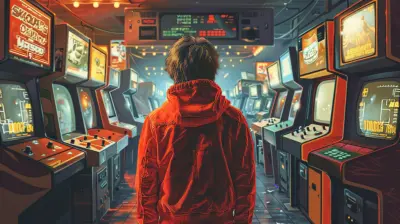
When Games Were Harder: How Difficulty Defined Retro Titles

Are Cross-Platform Games the Answer to Console Wars?